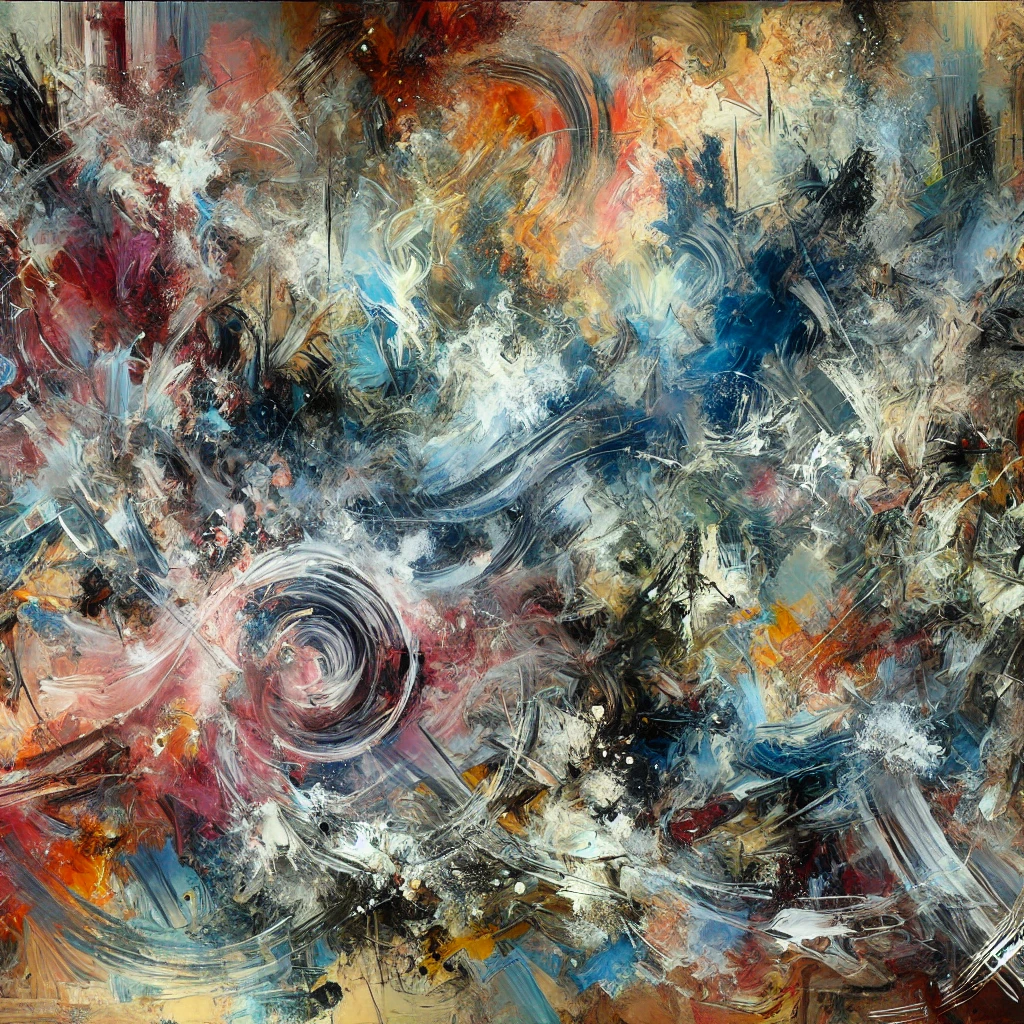knowledge over drinks, not google
Some of the most important information in my life has come over drinks, not Google.
Yes, we live in a world where every conceivable piece of knowledge is available to us within a few clicks. And yet that doesn't mean we get the information we need to move our lives forward. We have to know what we're seeking before we search for it—or, at best, let advertisers feed us products that serve their interests.
I've lived with a subtle assumption—that since everything is available, we can get it whenever we want. This is true in one sense. But often, we don’t even know what to search for until someone names it for us.
That’s where friends and trusted colleagues come in. Through casual, agenda-free conversation, we absorb their ideas, their perspectives—just by being together.
We exchange ideas in real time. Friends offer us ideas we couldn’t have found on our own—unlike the internet, where everything is targeted, packaged, and optimized to serve advertisers or creators with something to sell.
It's usually something simple: have you tried this? Have you tried that? Maybe you could do this with your career? Oh, there's this program I did, maybe you'd like that.
I was reminded of this truth recently, over drinks with friends discussing career growth within tech. I shared how I've declined upward mobility into management positions because I believed that going into management would mean less time available to pursue my music seriously. A couple friends at a management stage in their career shared the real talk: it was actually much easier and more fun for them to manage. They spent fewer hours than when they were an individual contributor, had more flexibility, and were experiencing more upward opportunities.
I lived with my misconception for years. It was socializing that helped me challenge this incomplete assumption. The externalizing of my thoughts with friends I trust helped me see things differently.
Socialization is still the best means of getting critical information.
Technology can’t replace human connection. At best, it can augment it. And yet the basics remain—in-person interaction has such a wide surface area of connection and data transfer that we should not ignore it in the face of exciting technologies.
Drinks, dinners, and time together—along with the transitional spaces, the pockets of conversation, a random comment that sparks a tangent—these are the ‘inefficient’ moments technology tends to overlook. But they’re essential. They’re how we change our minds, how we find new paths.
We are organismic, not mechanistic, after all. Progress won’t be a perfect, frictionless system. It won’t be a Platonic model of efficiency. It will be messy. Inefficient. But it'll be human.
Being human means we rely on each other to reflect and correct our thoughts, paths, and selves.
